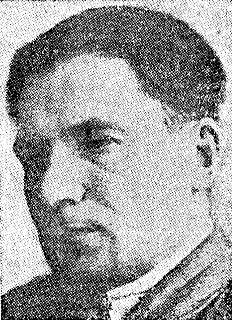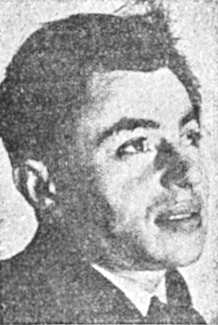Yisroel Shtern
The world passes through their eyes
as summer passes through fields.
Just as the earth is taut with becoming,
in their word, progress is primed.
Evil is a strongman that beheads itself
when such a one appears: I am!
When they stride softly, moon-silver-small,
murky rivers swim green and right and fresh…
When they see hardship, injustice and sin
and hard days riding men,
their gaze is a mother: she can fiercely shift mountains
for one of her own …
Their power derives evermore from the stars,
the first to awaken when someone cries,
compelled to hear the weeping
and speeding to the suspect corners of the night…
Their power is locked in the darkest concealment,
though reflected and dancing on their walls is a vision;
the heavens grow wrathful and begin to redden
when a portion of a city has already been burned…
But when good people’s tears draw nigh to the fire
it’s a sea where a prophet’s been swimming all the while.
Because when good people’s tears mingle with fire
the heart of the world is scorched and cries
and cries:
Good people! Like a bolt, drive into life!
Your triumph is a blessing for the entire land.
You’ll catch the bullets in mid-flight,
your shield even holds God in its hand.
Translated by Miri Koral
(more…)

